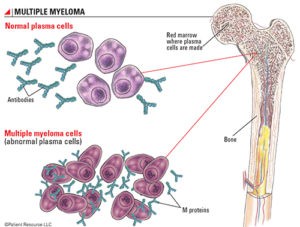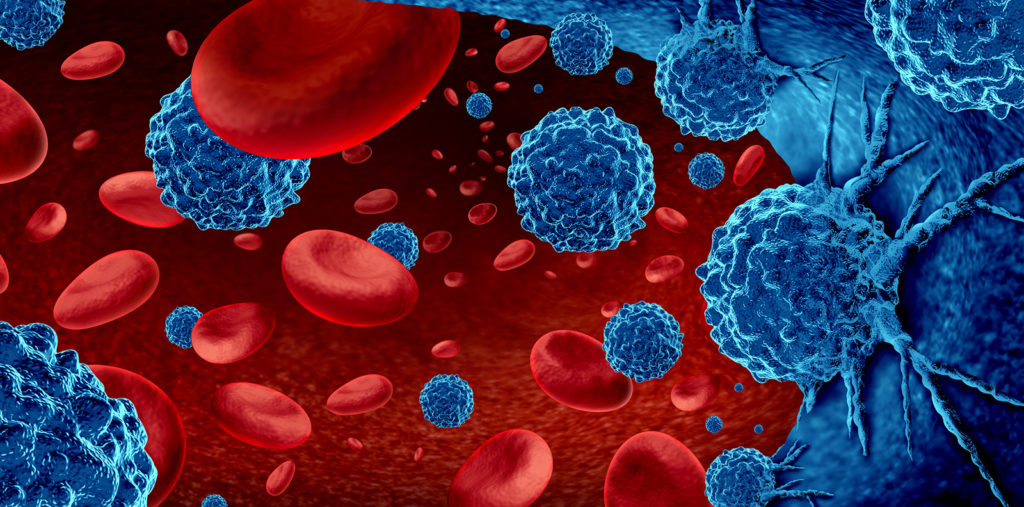Myeloma cancer coaching and a second opinion from a long-term myeloma survivor. Learn about both conventional and evidence-based non-conventional therapies.

I like to tell my friends and family that I am good at multiple myeloma (MM) cancer coaching because I have experienced the best and the worst that oncology offers and lived to tell about it. And that’s not too much of an exaggeration.
The challenge that newly diagnosed MM patients face is that they must get beyond the life changing words “you have cancer” and learn about their stage, therapies, and possible side effects quickly enough to make the best decisions for themselves and their families. Consider myeloma cancer coaching.
A second opinion from a long-term MM survivor will be a different perspective from a board certified oncologist’s.
A tall order to say the least. I can help. I think like a cancer survivor because I have lived with multiple myeloma since I was diagnosed in early 1994.

While the journey ahead of you may seem painfully long now please understand that I have been down this road before. The PeopleBeatingCancer Coaching advice that I researched and have provided to hundreds of MM patients, survivors and caregivers over the years incorporate the areas of focus below as well as ares of concern that you may have.
- C0nventional (FDA approved) therapies for multiple myeloma
- The Best Cancer Specialists and Hospitals for MM
- Evidence-based Integrative MM therapies
- Complementary Multiple Myeloma Therapies
- Nutritional Therapies
- Evidence-based Mind-body Therapies
- Likely Side Effects based on the therapies for chemotherapy plan
- Bone Health Therapies-Both conventional and non-conventional
- The Financial Toxicity of a Cancer Diagnosis
Have you been diagnosed with multiple myeloma? If so, stage? What symptoms, if any, are you experiencing? How old are you? What is your general health like? What are your goals?
Please scroll down the page, post a question or a comment and I will reply to you ASAP.
Thanks and hang in there,
David Emerson
- Multiple Myeloma Survivor
- MM Cancer Coach
- Director PeopleBeatingCancer
Recommended Reading:
“When you first learn you have cancer, learning about your diagnosis and making treatment decisions can be difficult. For instance, there may be several treatment options, and cancer research continues to explore and discover new treatments and treatment improvements. That is why it is important to find experts with experience treating your type of cancer to provide you with information. In order to decide on a cancer treatment plan you are comfortable with, you may want to consider getting a second medical opinion…
Should I get a second opinion if I have been diagnosed with cancer?
Before starting treatment, you may want to ask a second doctor about your diagnosis and talk about possible treatments. This is called “seeking a second opinion.” It is common and can help you feel more confident about the treatment plan you choose.
When you get a second opinion, the first thing the doctor will do is confirm your diagnosis. This includes the type of cancer, where it is, if it has spread, and if it is affecting other parts of the body. And, getting a second opinion is not just useful for getting medical information. It can also help you decide if a doctor, health care team, and treatment center are a good fit for you.
There are many things to keep in mind when you are choosing a doctor for your cancer care. You will have an ongoing relationship with your oncologist and the rest of your cancer care team. It is important to make sure that you work well together.
You should also think about the hospital or treatment center you will go to. There are benefits to going to a local hospital in your community and to traveling to a major cancer center. For example, a major cancer center may offer more access to supportive services or clinical trials, which are research studies. Local clinics and hospitals are close by and can point you to support resources within your community.
A second opinion will also help you understand your different treatment options. This can be especially important if you have an uncommon type of cancer. Even if there are standard treatment protocols for your specific type and stage of cancer, there can be variations in treatment. Different doctors may have a different approach. This could be the type of treatment, the treatment schedule, or the types of supportive therapies offered. You should also ask what clinical trials are available to you.
Most insurance companies will pay for a second opinion if your doctor says or suspects you have cancer. They might even require you to get a second opinion before they pay for cancer treatment. Before you make an appointment for a second opinion, be sure to ask your insurance company what costs they will cover. Also, ask if you need to pick a doctor from a certain hospital or clinic….”





